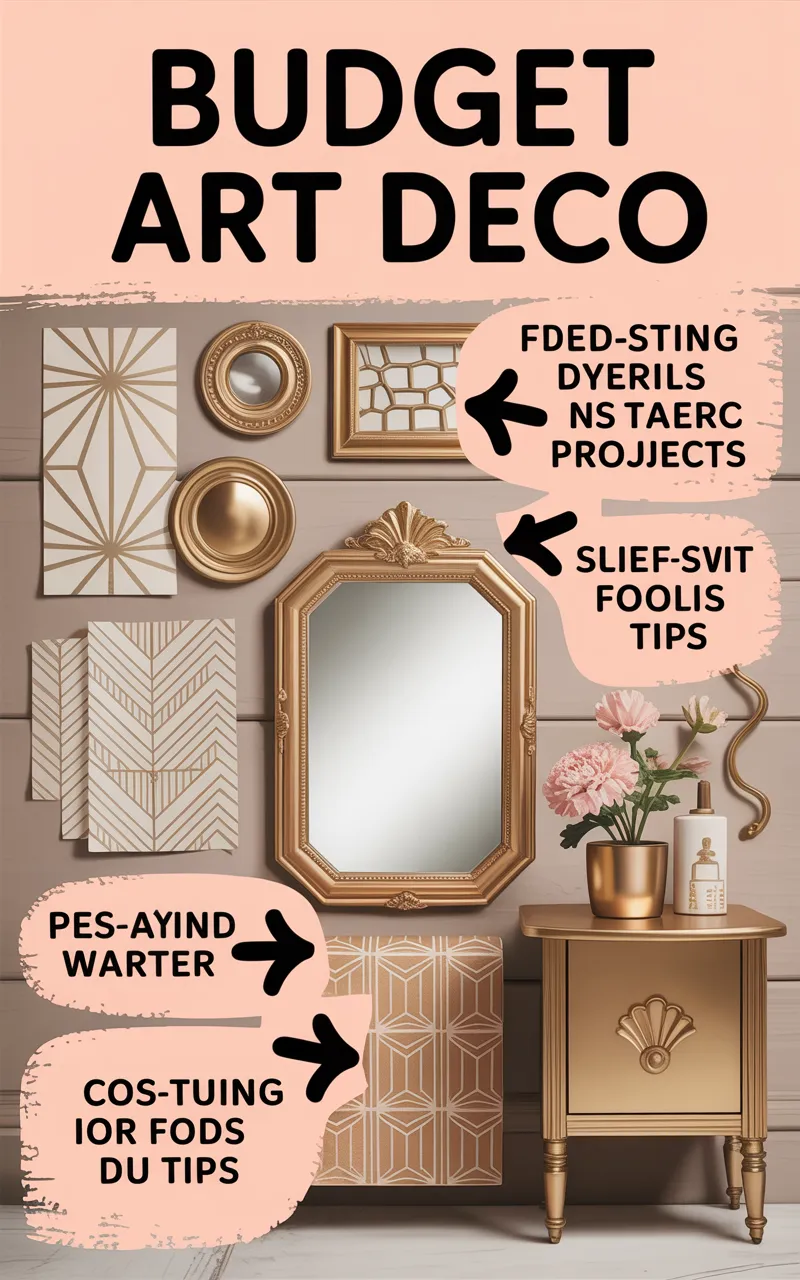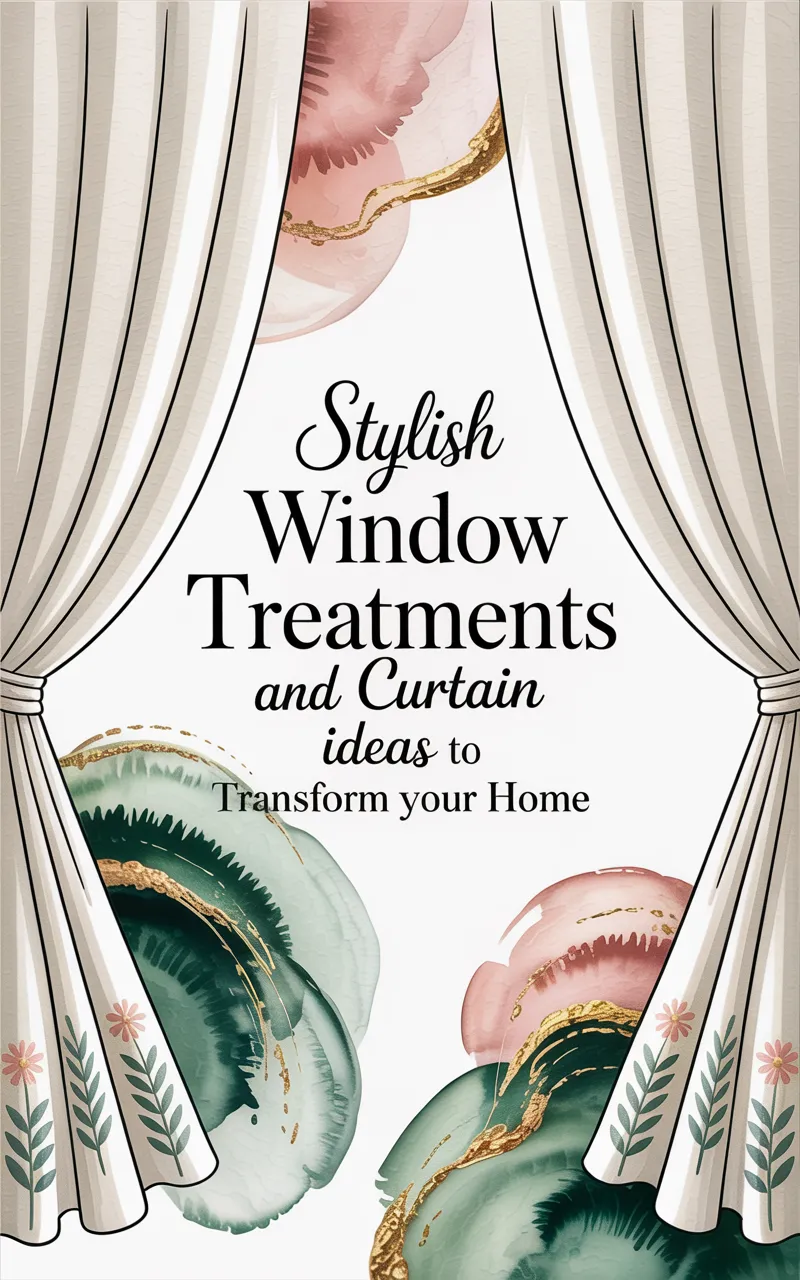When it comes to painting a wall, nothing looks as clean or beautiful as neutral colors. Whether you’re renovating or painting a new home, neutral colors provide the perfect backdrop for any style, from colorful bohemian to modern minimalist to warm farmhouse. Their versatility, refined style, and ability to enhance nearly any decorative scheme have made neutrals a perennial favorite for interior designers and homeownners.
But neutrals, not as boring as you may think. They serve as a neutral canvas that brings a warmth, depth or coolness to your space, and they have plenty of depth and richness. That’s why we compiled 10 beautiful neutral color palettes to give you some ideas of how to punch up your walls with color, while still being subtle and chic.
Why Choose Neutral Colors for Walls
Why are neutrals our go-to choices for wall color Time and time again?
Versatility
Anything neutral works with any style you’re going for, from minimalist to rustic to farmhouse to traditional to flea market eclectic. They also enable you to change around furniture, artwork, or accents without competing against paint.
Timeless Appeal
Unlike chic trends that are here and gone, neutral palettes remain stylish year after year, which makes them a good long-term investment for your home.
Larger and Brighter Spaces
Pale neutrals enhance natural light and open up a space, while dark neutrals can bring a sense of warmth and grounding.
10 Neutral Color Palettes for Walls
1. Creamy Whites and Warm Beiges
Need something soft and warm? A creamy off-white palette and warm beige tones are ideal for that. Think soft almond, ivory or sand shades. These tones offer a hint of warmth in your walls and welcome a calm and serene environment for your living space.
Choose a darker shade of creamy beige for accent walls in order to provide contrast, and match neutrals with light wood or natural fibers for a seamless look.
2. Cool Grays and Light Taupes
Neutral colors like gray and taupe instill beauty into any space. And while taupe has a brownish ting — gray is tinted with undertones that vary from blue to green, which leaves great color choices for other elements of any room.
Cool colors are particularly effective in naturally lit spaces, offsetting the brightness with cool, serene sensibilities.
3. Greige (Gray and Beige Blend)
Somewhere between gray and beige, “greige” is a versatile neutral that can work in both cool and warm color palettes. It’s great for people who want some interest on their walls but don’t want to overshadow the room.
If you’re looking to create a modern, clean space, effortlessly blending greige with white trim, black accents, and natural wood will create the modern feel of your desires.
4. Soft Charcoal
Great for adding a sense of depth and drama, soft charcoal tones are a daring alternative to paler neutrals. They also offer contrast without straining your eyes.
Black walls are great for a bedroom, or a study area and can be softened with whites, or metal finishes.
5. Warm Terracottas and Earthy Neutrals
Bring the outdoors in with warm, earthy shades like terracotta, clay or muted taupe. These colors make cozy, grounded-feeling rooms that are both modern and inviting.
Blended with natural woods and green plants, these shades of brown will bring an earthy, organic feel to any room.
6. Blush Neutrals
Neutrals need not be defined as whites, grays or browns. Pale blush blushes with a touch of pink can bring a gentle sense of warmth and elegance to your walls.
Rose-beige neutrals coordinate with gold, brass or blush accents, and are perfect for living rooms or powder rooms.
7. Pale Sage Green
It’s a muted hue, a green with a whisper of gray that lends a bit of calm to any room. Great for lounges, bedrooms and even kitchens; the soft shade of sage green work perfectly with white, beige or gray.
8. Neutral Blues
Soft, pale blues with a hint of gray are a quiet way to bring color into the décor when there’s an attempt to maintain a neutral palette. They shine, for example, in bathrooms and bedrooms by giving the spaces an airy, tranquil vibe.
9. Deep Olive
For those who crave a strong, cold neutral, deep olive stands apart. Rich and sophisticated, it has green and brown in its undertones, which still makes it feel neutral.
On accent walls, splash the color of olive to make a visual statement, highlight a piece of furniture or simply to display personality.
10. Ivory and Soft Gold
Light golden tones are a perfect natural neutral, and they lean warm, making them the perfect fit with ivory for classic and luxe looks. These tones are ideal for living rooms and can be accentuated with metallic accents and lush textures.
Tips for Choosing the Right Neutral Palette
There are so many undertones in neutral colors that selecting the perfect shade can be everything when it comes to your space. Here are some of her tips:
Consider Lighting
Natural light makes a big difference in how paint colors look. What appears to be a warm and welcoming color in natural daylight can get muddy and cool under artificial light.”
Rooms with a southern exposure receive a lot of light and do well with cool neutrals.
Rooms that face north are frequently dark, so consider choosing warmer neutrals to lighten the mood.
The Impact of Neutrals on Your Space
When choosing paints, think about the color and tone of your furniture, decoration, and flooring. White can enhance dark wood floors and taupe might work with lighter oak tones.
Test Before Committing
Look at a paint chip and that’s not always all there is. Experiment with paint samples to see how colors affect light and other décor in your space.
How Neutrals Work in Your Environment
Neutrals aren’t dull or one-size-fits-all. Warm, earthy neutrals or cool, sleek neutrals, either way you slice it, neutral palettes can theoretically and physically change a room. They’re simple to work with, versatile and visually appealing, creating a photo canvases that adjusts to your style over the years.
More Inspiration for Your Home
Inspired to refresh your walls with one of these palettes? Whether you are 100-percent committing to a new look or are simply testing the waters with a feature wall, neutrals are a safe, comforting choice that’s hard to get wrong.
When it comes time to paint, test out a few of your shades in various lighting to determine the perfect match for your space. For even more guidance and color ideas, consider working with a professional interior designer for personalized advice.
FAQ
How do I decide on the appropriate neutral color for my space?
Take a look around the room first at what is in the room already – furniture, the flooring, décor, etc. Try a few test on your wall to see what all of your samples will look like at different times of the day with both natural and artificial light sources.
Should I use the same neutral throughout my house?
Sticking with the same neutral color can make it cohesive and roomier feeling, but don’t fear tweaking tones just a little from room to room for dimension and interest.
Which finish is suited to neutral paints best?
It is all about the finish for the room and level of traffic. Matte finishes are perfect for low-traffic spaces such as bedrooms, while the more durable and washable satin or semi-gloss finishes work well in kitchens and living areas.
How to bring personality to neutrally painted walls?
Contrast your neutral walls with bright art, vivid textiles, or even furniture in bold colors to bring a little personality and fun into your space.





Leave a Reply
You must be logged in to post a comment.